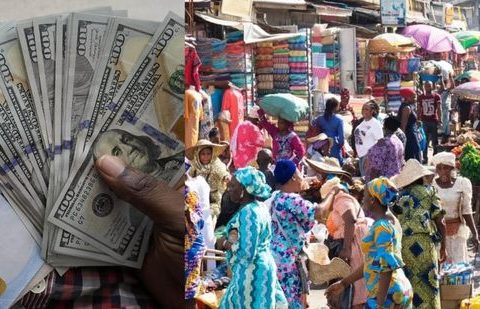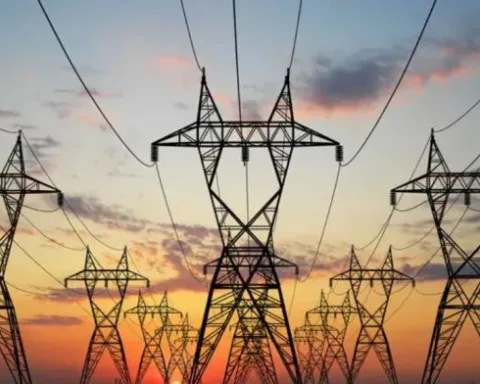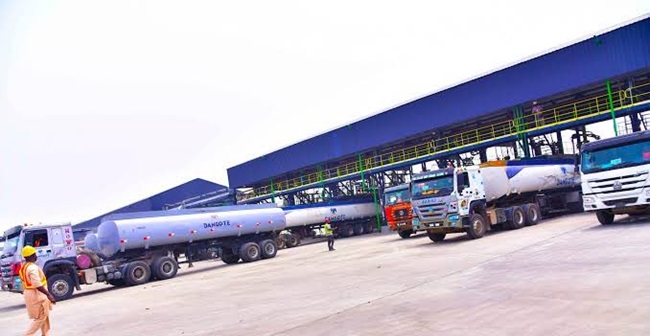Nigeria’s Defense Minister, Bello Matawalle, has unveiled a plan to increase the country’s oil production level to 1.9 million barrels per day, marking an improvement from the current 1.5 million barrels per day, as reported by the Nigerian Upstream Petroleum Regulatory Commission (NUPRC) in October 2023.
The Defense Minister attributed this positive outlook to the federal government’s commitment to combat crude oil theft, which has long plagued the Niger Delta region and hindered oil production.
Join our WhatsApp ChannelMatawalle highlighted the success of the government’s efforts, stating, “Before now, due to oil theft activities in the Niger Delta region, oil production dropped to about one million barrels per day. But production has increased with the Federal Government’s actions and the onslaught of the combined military against oil thieves.”
He emphasized the collaborative approach taken by various security forces in the region and the importance of intelligence sharing. “Most of the illegal pipelines were destroyed, most of the people were arrested, and we are okay with the level we are today. We work together by sharing intelligence; we shall continue working together,” Matawalle noted in an interview with NAN.
READ ALSO: Nigeria’s September Oil Production Hits 1.5 Million Barrels, Bolsters OPEC Output
Nigeria’s goal is not without its challenges, as crude oil theft remains a persistent issue. Data from the Nigerian National Petroleum Company Limited (NNPCL) has shown fluctuating numbers of crude oil theft activities in the Niger Delta region, with 227 cases recorded between October 28 and November 3, an increase from the 144 cases reported the previous week.
Meeting the 1.7 million barrels per day quota set by OPEC before the end of the year is crucial for Nigeria. Failing to do so could result in a reduced production quota of 1.38 million barrels per day from January 2024, potentially causing a dip in oil revenues and exacerbating foreign exchange shortages.
While the government has made progress in curbing crude oil theft, some of the more notorious hotspots for such activities include Ohaji-Egbema, Oguta (Imo), Ogbia, Imiringi (Bayelsa), Obodo-Omadino, Ughelli (Delta), Egorobiri Creek, Gokana, Iba community, Emuoha, Rumuji, and Degema (Rivers). The battle to achieve the desired production target continues, and Nigeria’s economic stability hangs in the balance.
Emmanuel Ochayi is a journalist. He is a graduate of the University of Lagos, School of first choice and the nations pride. Emmanuel is keen on exploring writing angles in different areas, including Business, climate change, politics, Education, and others.



















Follow Us